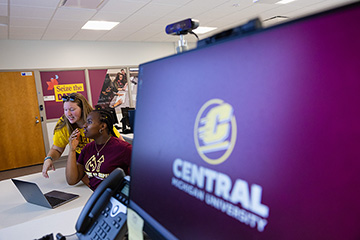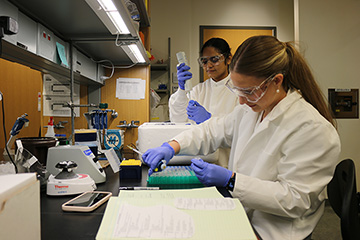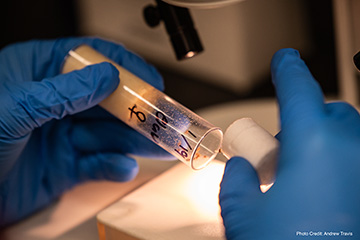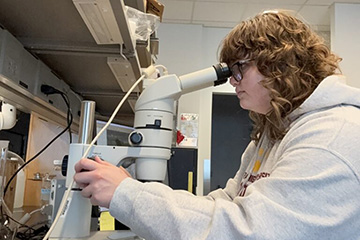CMU mathematician advances fluid dynamics
Xiaoming Zheng, a faculty member in the Department of Mathematics at CMU, recently published a paper in the prestigious journal "Computer Methods in Applied Mechanics and Engineering." In collaboration with Dr. Weiwei Hu and Dr. Jiahong Wu from the University of George and the University of Notre Dame, respectively, Dr. Zheng's work focuses on a practical problem related to fluid dynamics.
Imagine you have a fluid, and you want to mix it optimally. Dr. Zheng and his colleagues developed a method to efficiently control the mixing process in specific situations, like those found in industrial processes such as rotating wall-driven mixing or micromixers with acoustic waves.
Now, here's the gist: They use a mathematical approach to figure out the best way to control the mixing by applying forces along the edges of the fluid domain. This control method has potential applications in various industries such as clinical diagnosis, drug development, and 3D printing.
The math involved is quite complex, requiring high accuracy and demanding a lot of computing power. One critical challenge they tackled was calculating something called the Gateaux derivative of the cost functional, which is a fancy way of saying they needed to understand how the cost (or efficiency) changes with different control strategies.
To solve this problem, they used a hybrid approach, combining variational formulas and finite differences. They experimented with different optimization algorithms (like steepest descent and conjugate gradient methods) to find the best combinations. Their simulations showed that mixing is more effective when using diverse control types and breaking down time into smaller segments.
In simple terms, their study suggests that controlling the edges of the fluid alone can be an effective way to mix liquids in certain situations. The research was partly funded by a grant from the National Science Foundation.




